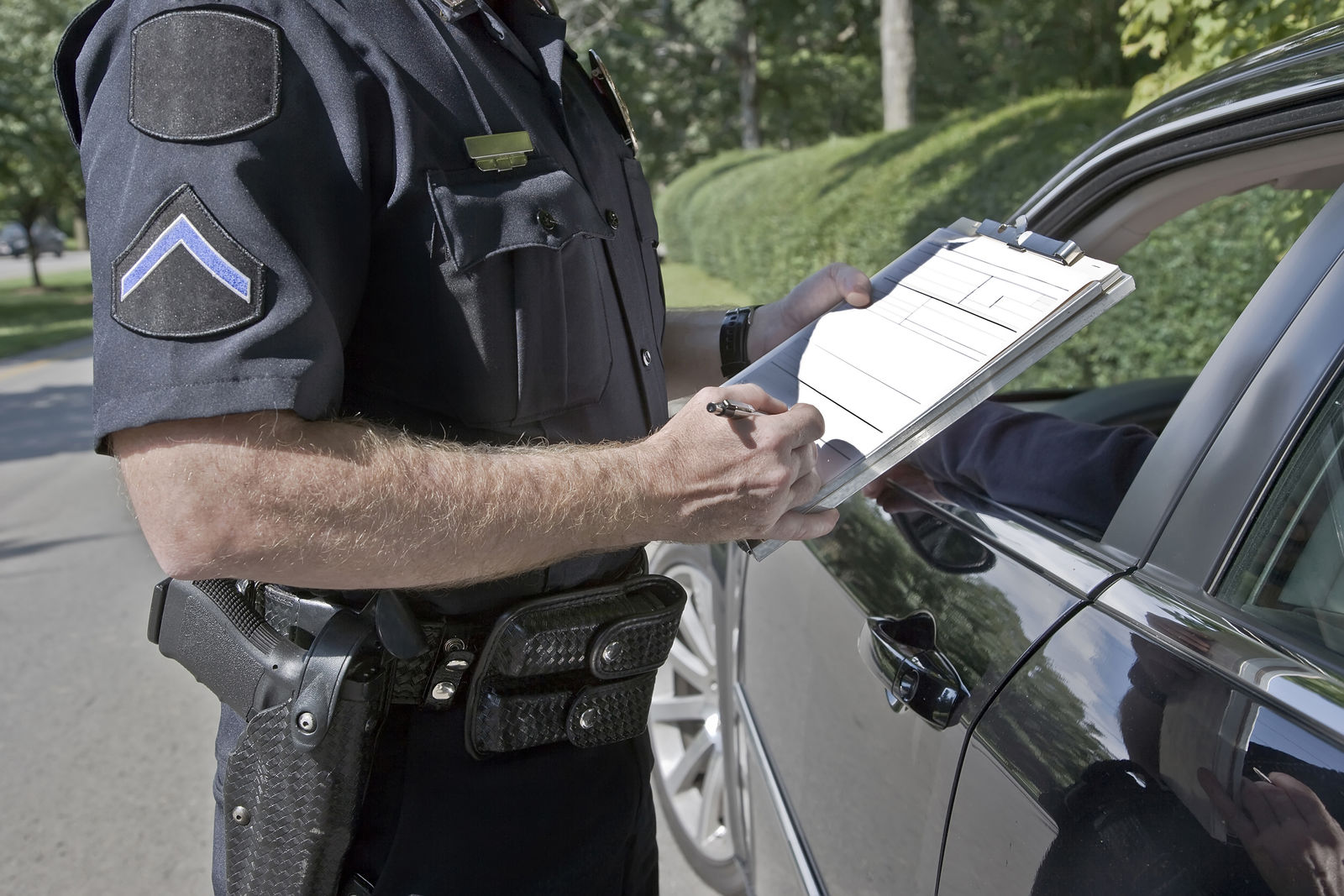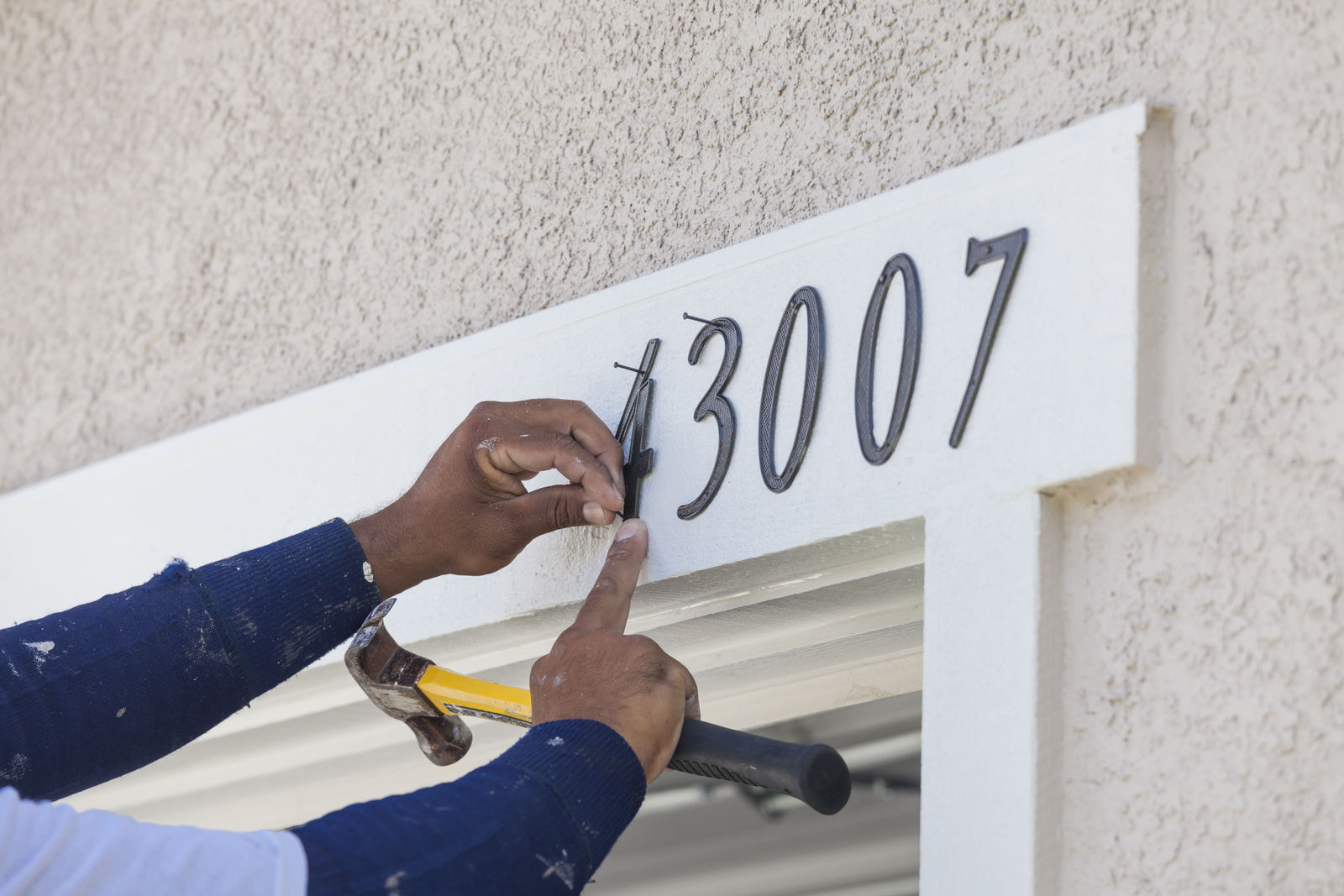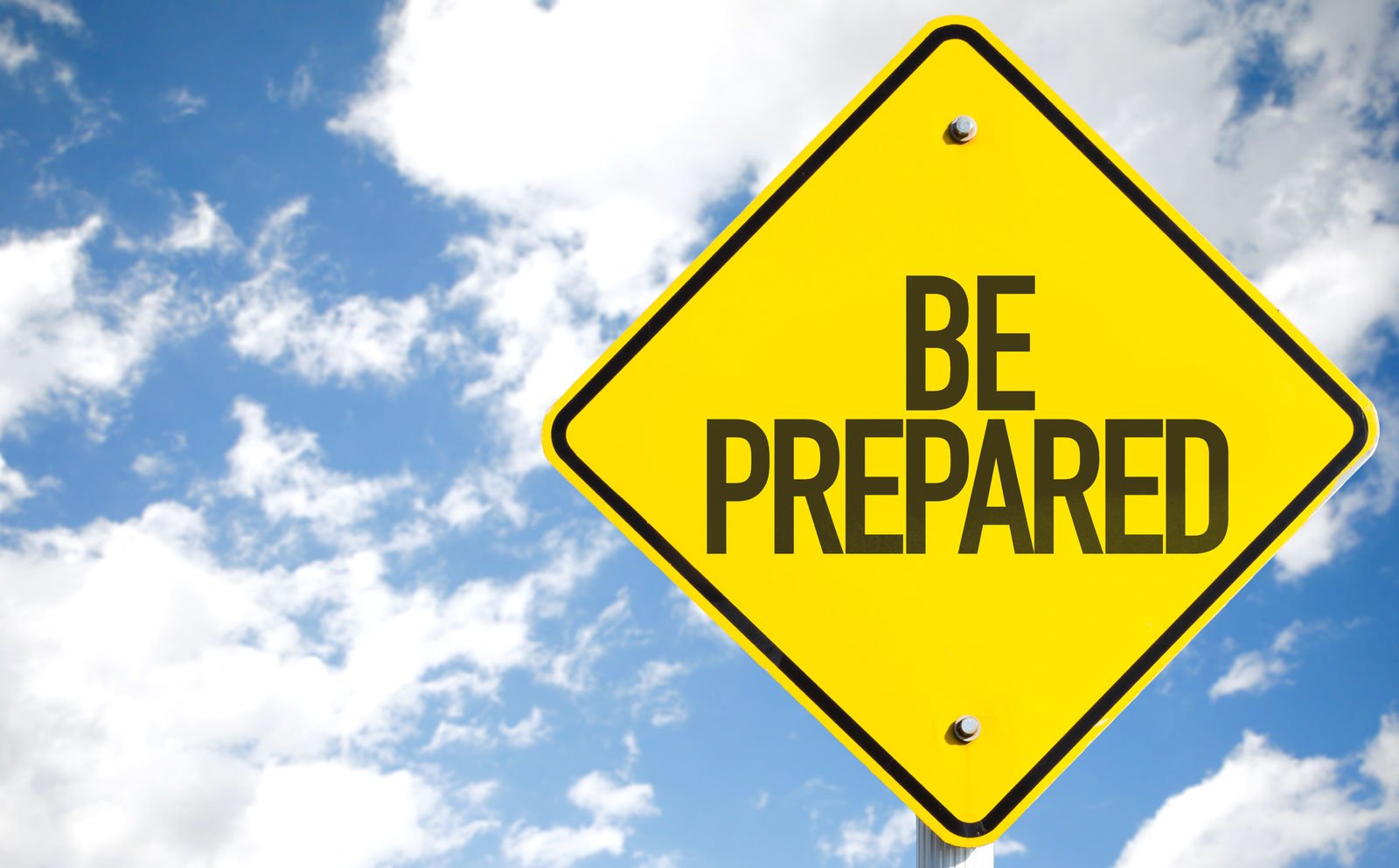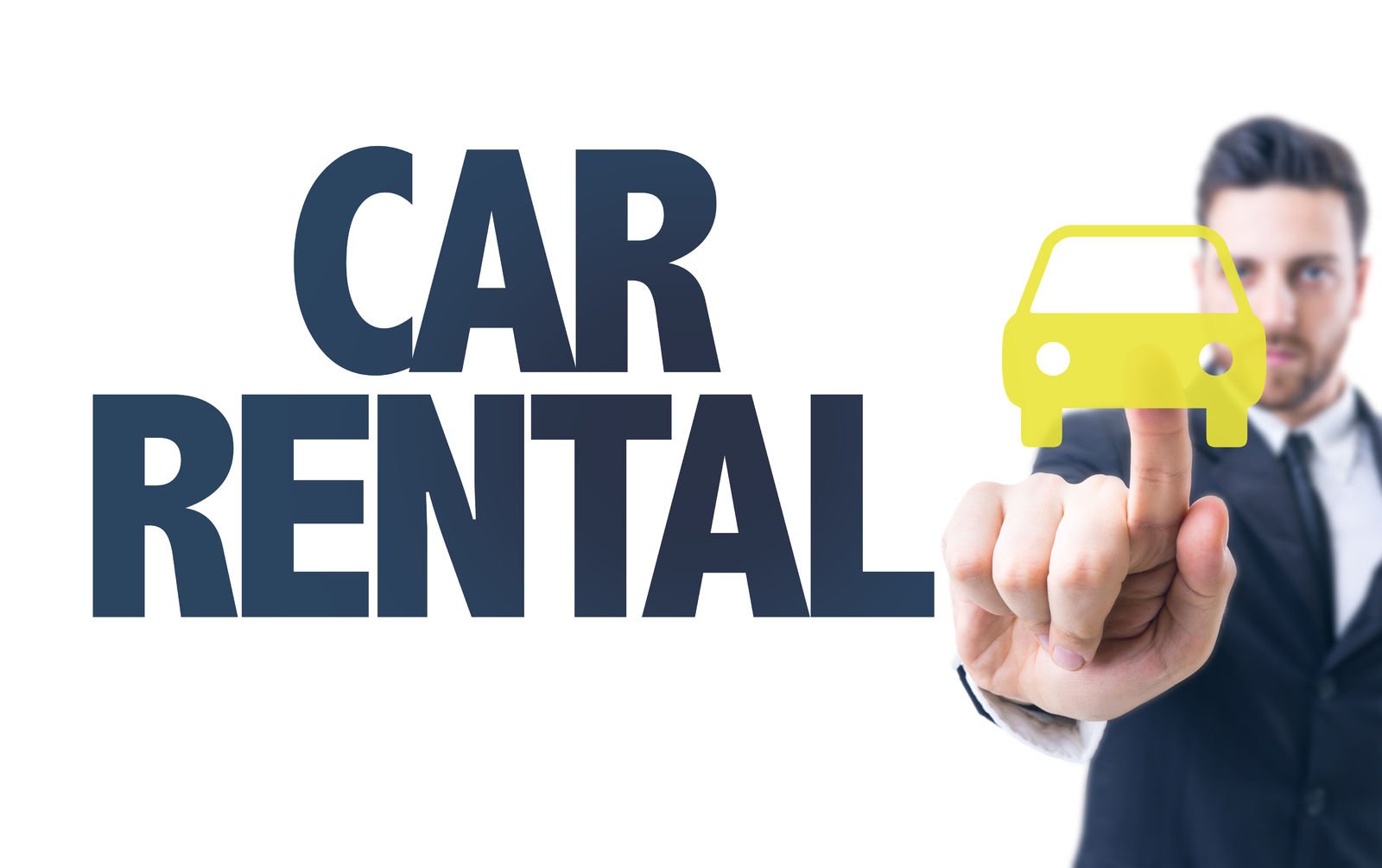 Post
PostWhat is the insurance policy number on an insurance card?
Most of us don’t pay much attention to our insurance cards. At least, not on a daily basis. But if you’ve ever taken a closer look at your insurance card, you’ll likely have noticed an unusually long number near the top. This number is known as your insurance policy number. Your policy number is your...
Most of us don’t pay much attention to our insurance c...







